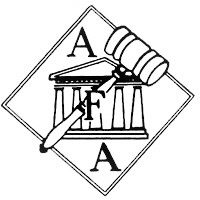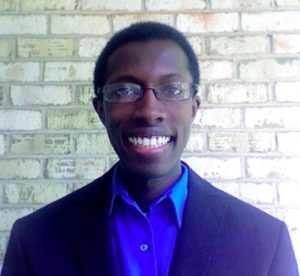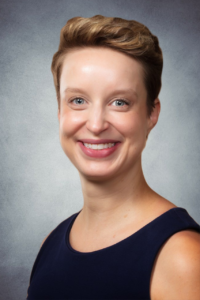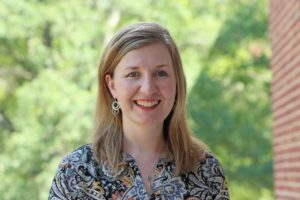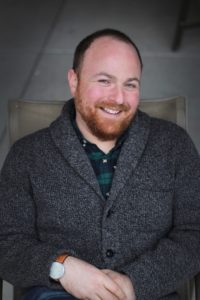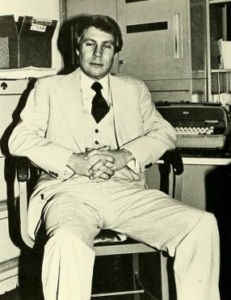
Among the most important activities of the American Forensic Association is recognizing achievement and quality in commitment to argumentation and public advocacy.
Daniel Morgan Rohrer was Director of Forensics at Boston College from 1970 to 1982. His work with Alan J. Lichtman shaped intercollegiate debate in important ways in the 1980s and 1990s. He died an untimely death in June 1982 at the age of 40.
Each year the American Forensic Association recognizes the outstanding monograph in the research concerns of the Association with the Dan Rohrer Memorial Award. Below are the winners of that award.
2022:
Drs. Dale A. Herbeck (Northeastern University) & Sara A. Mehltretter Drury (Wabash College), 2022, “The first Kennedy-Nixon debate: the McKeesport Junto of 1947,” Argumentation and Advocacy, Vol 58, Issue 3-4.

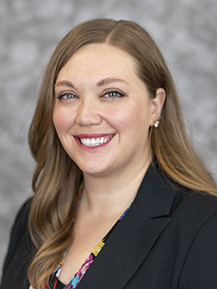
2021:
Book-length manuscript: Dr. Ben Voth, Southern Methodist University, Debate as Global Pedagogy: Rwanda Rising

Essay manuscript: Dr. Carlos A. Tarin, University of Texas-El Paso, (2021), “Beyond the Margin: a (Critical) Qualitative Study of People of Color in Intercollegiate Forensics,” Argumentation and Advocacy.
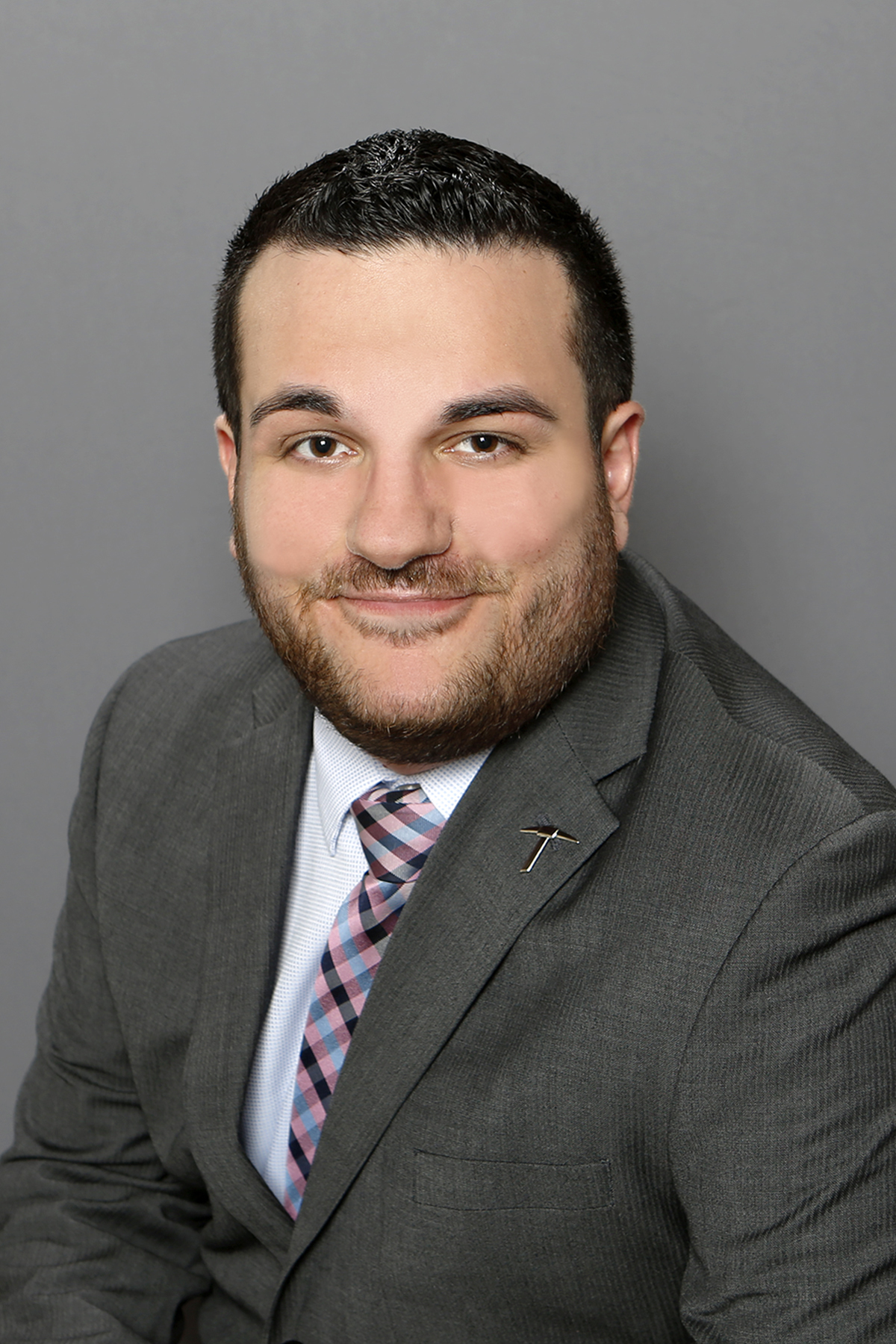
|
|
2020: Martin Camper & Zach Fechter (2019). “Enthymematic free space: the efficacy of anti-stop- and-frisk arguments in the face of racial prejudice.”Argumentation and Advocacy, 55 (4), 2019: 259-281.
|
| 2019:
Meredith Neville-Shepard, (University of Arkansas), “Disciplining the Female Student Body: Consequential Transference in Arguments for School Dress Codes,” Women’s Studies in Communication, 2019, 42 (1): 1-20. https://doi.org/10.1080/07491409.2019.1573771
Honorable Mention: Edward Hinck (editor)(Central Michigan University), Televised Presidential Debates in a Changing Media Environment, 2018, Praeger.
|
|
| 2018:
Carly Woods, (University of Maryland), Debating Women: Gender, Education, and Spaces for Argument 1835-1945, 2018, Michigan State Press.
|
|
| 2017:
Justin Eckstein (Pacific Lutheran University), “Sound Arguments,” Argumentation and Advocacy 53(3), 2017, 163-180.
|
|
| 2016:
Ryan Eric McGeough (University of Northern Iowa), Catherine H. Palczewski (University of Northern Iowa), & Randall A. Lake (University of Southern California), “Oppositional memory practices: U.S. memorial spaces as arguments over public memory,” Argumentation and Advocacy, 51 (2015), 231-254.
|
|
| 2015:
Ben Voth (Southern Methodist University), The Rhetoric of Genocide: Death as a Text, 2014, Lanham, MD: Lexington Books.
|
|
| 2014:
Mitchell McKinney & Benjamin Warner (both from University of Missouri). (2013). Do presidential debates matter? Examining a decade of campaign debate effects. Argumentation & Advocacy, 49, 238-258.
|
|
| 2013:
Todd Holm & Heather Carmack (James Madison University). (2012). Forensics as a correlate of graduate school success. Journal of the Association for Communication Administration, 31(1), 29-45.
|
|
| 2012:
Leah Ceccarelli (University of Washington), “Manufactured Scientific Controversy: Science, Rhetoric, and Public Debate,” Rhetoric & Public Affairs, 2011, 14(2): 195-228. |
|
| 2011:
Dale Hample (University of Maryland), Bing Han (University of South Carolina-Aiken), David Payne (University of Maryland), “The Aggressiveness of Playful Arguments,” Argumentation 24 (2010), 24: 405-421. |
|
| 2010:
J. David Cisneros (University of Georgia), “Latina/os and Party Politics in the California Campaign Against Bilingual Education: A Case Study in Argument from Transcendence.” Argumentation and Advocacy 4.3 (2009), 115-134. |
|
| 2009:
William Keith (Wisconsin-Milwaukee) & David Beard (Minnesota-Deluth), (2008), “Toulmin’s Rhetorical Logic: What’s the Warrant for Warrants?”, Philosophy & Rhetoric 41(1): 22-50.
|
|
| 2008:
William Keith (Wisconsin-Milwaukee), (2007), Democracy as Discussion: Civic Education and the American Forum Movement, Lanham, MD: Lexington Books. |
|
| 2007:
Gordon R. Mitchell (University of Pittsburgh), “Team B Intelligence Coups,” Quarterly Journal of Speech, 92 (May 2006): 144-173. |
|
|
|
2006:
Angela G. Ray (Northwestern University), The Lyceum and Public Culture in the Nineteenth-Century United States. East Lansing: Michigan State University Press, 2005.
|
| 2005:
William O. Dailey, Edward A. Hinck, and Shelly S. Hinck (all from Central Michigan) (2005), “Audience Perceptions of Politeness and Advocacy Skills in the 2000 and 2004 Presidential Debates ,” Argumentation and Advocacy 41: 196-210.
|
|
| 2004:
Kathryn M. Olson (University of Wisconsin-Milwaukee) and G. Thomas Goodnight (University of Southern California), “Ingenium — Speaking in Community: The Case of the Prince William County Zoning Hearings on Disney’s America,” in New Approaches to Rhetoric, ed. Patricia A. Sullivan and Steven R. Goldzwig (Thousand Oaks, CA: Sage, 2004) 31-59.
|
|
| 2003:
William Benoit, Glenn Hansen, and Rebecca Verser (all from University of Missouri-Columbia). “A Meta-Analysis of the Effects of Viewing the U. S. Presidential Debates.” Communication Monographs 70 (December 2003): 335-50.
|
|
| 2002:
Shane Miller (Eastern Illinois University), “Conspiracy Theories: Public Argument as Coded Social Critiques. A Rhetorical Analysis of the TWA Flight 800 Conspiracy Theories.” Argumentation and Advocacy 39 (Summer 2002): 40-56. Catherine Palczewski. “Contesting Pornography: Terministic Catharsis and Definitional Argument” Argumentation and Advocacy, 38 (Summer 2001): 1-17.
|
|
| 2001:
Robert Asen (University of Wisconsin-Madison). “Seeking the Counter in Counterpublics,” Communication Theory , 4 (November 2000): 424-46.
|
|
| 2000:
David M. Cheshier (Georgia State) and Cory E. Dauber(University of North Carolina-Chapel Hill), “The place and power of civic space: Reading globalization and social geography through the lens of civilizational conflict,” Security Studies, 8.2 (1999): 35-70.
|
|
| 1999:
Ronald Walter Green (University of Texas) “The Aesthetic Turn and the Rhetorical Perspective on Argumentation.” Argumentation and Advocacy 35(Summer 1998): 19-29.
|
|
| 1998:
Randall Lake (University of Southern California), “Argumentation and self: The enactment of identity in Dances With Wolves,” Argumentation and Advocacy, 34 (1997), 66-89.
|
|
| 1997:
Robert James Branham (Bates College), Stanton’s elm: An illustrated history of debating at Bates College (1996: Bates College Press).
|
|
| 1996:
Patricia Riley (University of Southern California), James F. Klumpp (University of Maryland), and Thomas Hollihan (University of Southern California), “Democratizing the Lifeworld of the 21st Century: Evaluating New Democratic Sites for Argument,” Argumentation and Values: Proceedings of the Ninth SCA/AFA Conference on Argumentation. Jackson, Sally, ed. (Annandale VA: Speech Communication Association, 1995). 254-60.
|
|
| 1995:
Robert James Branham (Bates College), “Debate and Dissent in Late Tokugawa and Meiji Japan,” Argumentation and Advocacy 30 (1994): 131-149.
|
|
| 1994:
John M. Murphy (North Dakota State University), “Presence, Analogy, and Earth in the Balance,” Argumentation and Advocacy 31 (1994): 1-16. Star A. Muir(George Mason University) “A Defense of the Ethics of Contemporary Debate,” Philosophy and Rhetoric 26 (1993): 277-95. Frans H. Van Eemeren (University of Amsterdam), Rob Grootendorst (University of Amsterdam), Sally Jackson(University of Arizona), and C. Scott Jacobs (University of Arizona). Reconstructing Argumentative Discourse. Tuscaloosa: University of Alabama Press, 1993.
|
|
| 1993:
Preston, Jr., C.T. (1992). Characterizing the issue: Metaphor and contemporary impromptu discussions of gender. Argumentation and Advocacy, 28, 185-191.
|
|
|
|
1991:
Bill Hill (North Carolina-Charlotte) and Richard W. Leeman (North Carolina-Charlotte). “On Not Using Intrinsic Justification in Debate.” Argumentation and Advocacy 26 (1990): 133-44. Dale Hample and Judith M. Dallinger. “Arguers as Editors.” Argumentation 4 (1990): 153-70.
|
| 1990:
William J. Benoit, and Pamela J. Benoit. “Aggravated and Mitigated Opening Utterances.” Argumentation 4 (1990): 171-84. Murphy, Thomas L. “Assessing the Jurisdictional Model of Topicality.” Argumentation and Advocacy 26 (1990): 145-150.
|
|
| 1989:
Charles Arthur Willard. A Theory of Argumentation. Tuscaloosa: University of Alabama Press, 1989. Dominic A. Infante, Teresa A. Chandler, and Jill E.Rudd. “Test of an Argumentative Skill Deficiency Model of Interspousal Violence.” Communication Monographs 56 (1989): 163-77.
|
|
| 1988:
Alan G. Gross, “On the Shoulders of Giants: Seventeenth-Century Optics as an Argument Field.” Quarterly Journal of Speech 74 (1988): 1-17. Frans H. van Eemeren and Rob Grootendorst, \”Rationale for a Pragma-Dialectical Perspective,\” Argumentation 2 (1988): 271-91.
|
|
| 1987:
Thomas A. Hollihan, Kevin Baaske, and Patricia Riley, “Debaters as Storytellers: The Narrative Perspective in Academic Debate,” Journal of the American Forensic Association 23 (1987): 184-93. Robert C. Rowland, “On Defining Argument,” Philosophy and Rhetoric 20 (1987): 140-59.
|
|
| 1986:
Dale Hample. “Logic, Conscious and Unconscious.” Western Journal of Speech Communication 50 (1986): 24-40.
|
|
| 1985:
Wayne Brockriede. “Constructs, Experience, and Argument.” Quarterly Journal of Speech 71 (1985): 151-63. Kneupper, Charles W. “Rhetoric, Public Knowledge and Ideological Argumentation.” Journal of the American Forensic Association 21 (1985): 183-195.
|
|
| 1984:
Walter R.Fisher. “Narration as a Human Communication Paradigm: The Case of Public Moral Argument.” Communication Monographs 51 (1984): 1-22. V. William Balthrop. “The Debate Judge as ‘Critic of Argument’: Toward a Transcendent Perspective.” Journal of the American Forensic Association 20 (1983): 1-15.
|
|
| 1983:
Scott Jacobs & Sally Jackson (1982). “Conversational argument: a discourse analytic approach.” In J. R. Cox & C. A. Willard (Eds.), Advances in Argumentation Theory and Research (pp. John R. Lyne. “Ways of Going Public: The Projection of Expertise in the Sociobiology Controversy.” Argument in Transition: Proceedings of the Third SCA/AFA Conference on Argumentation, David Zarefsky, Malcolm O. Sillars, and Jack Rhodes, eds. Annandale VA: SCA, 1983. 400-15. Dale Hample. (1983). The functions of argument. In D. Zarefsky, M. O. Sillars & J. Rhodes (Eds.), Argument in transition (pp. 560-575). Annandale, Va.: Speech Communication Association.
|
|
| 1982:
G. Thomas Goodnight, “The Personal, Technical, and Public Spheres of Argument: A Speculative Inquiry into the Art of Public Deliberation,” Journal of the American Forensics Association 18 (1982): 214-217.
|
|
| 1980:
V. William Balthrop, “Argument as Linguistic Opportunity: A Search for Form and Function,” Proceedings of the Summer Conference on Argumentation, 1979. Rhodes, Jack, and Sara Newell, eds. n.p.: n.p., 1980. 184-213. Raymie McKerrow, “Argument Communities: A Quest for Distinction,” Proceedings of the Summer Conference on Argumentation, 1979. Rhodes, Jack, and Sara Newell, eds. n.p.: n.p., 1980. 214-27. |
|
| 1977:
Daniel O’Keefe, “Two Concepts of Argument,” The Journal of the American Forensic Association 13 (Winter 1977): 121-128. |
|
| 1974:
Wayne Brockriede. “Rhetorical Criticism as Argument.” Quarterly Journal of Speech 60 (April 1974): 165-74. Tom Goodnight, Bill Balthrop, and Donn W. Parson. “The Problem of Inherency: Strategy and Substance.” Journal of the American Forensic Association 10 (Spring 1974): 229-40.
|
|
| 1973:
Haig Bosmajian. “Freedom of Speech and the Heckler.” Western Speech 36 (1972): 218-32. Herbert W.Simons. “Persuasion in Social Conflicts: A Critique of Prevailing Conceptions and a Framework for Future Research.” Speech Monographs 39 (1972): 227-47.
|
|
| 1971:
James R. Andrews. “Sacrifice and Identity: The Australian Conscription Debate, 1916.” Central States Speech Journal 22 (Summer 1971): 110-17. Hugh G. Petrie. “Practical Reasoning: Some Examples.” Philosophy and Rhetoric 4 (Winter 1971): 29-41.
|
